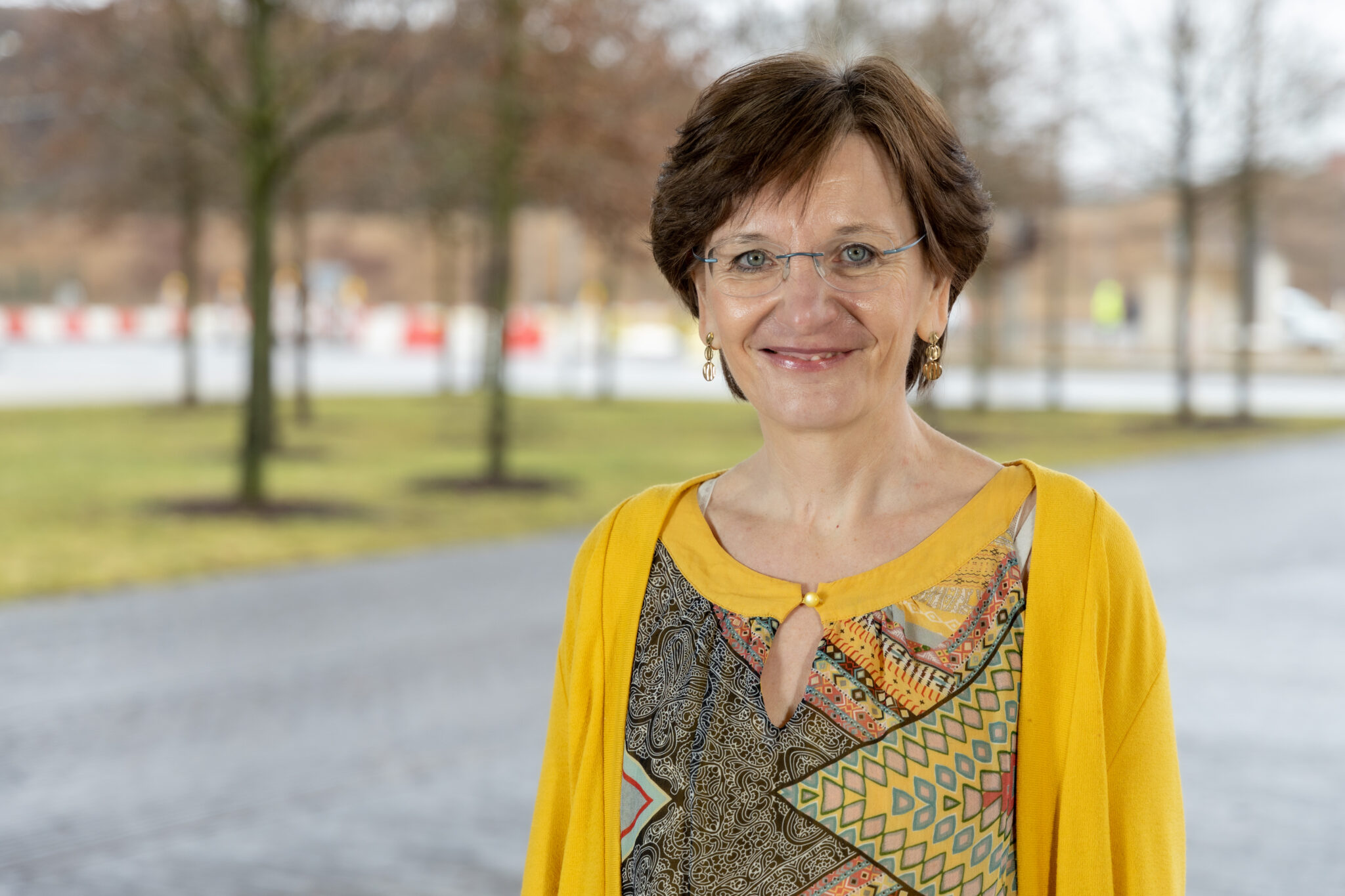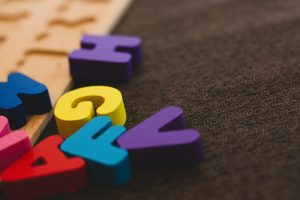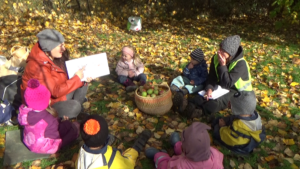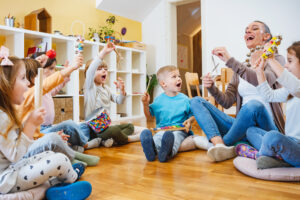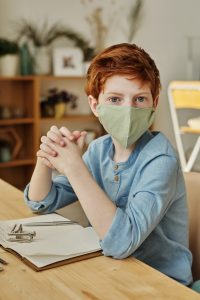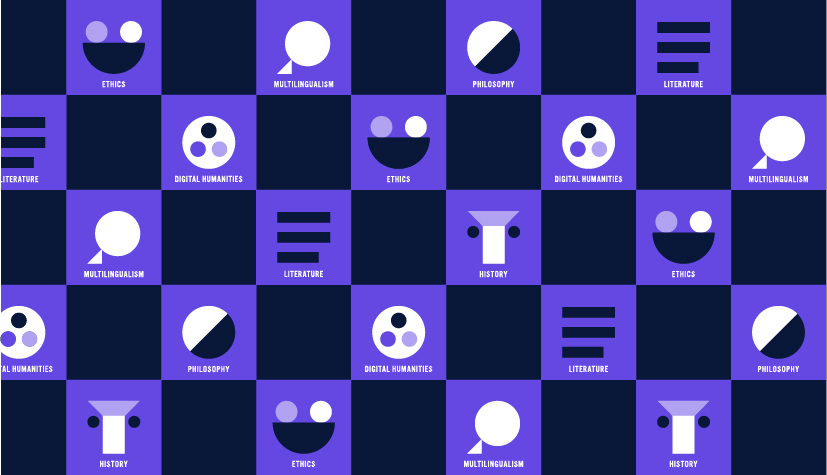About
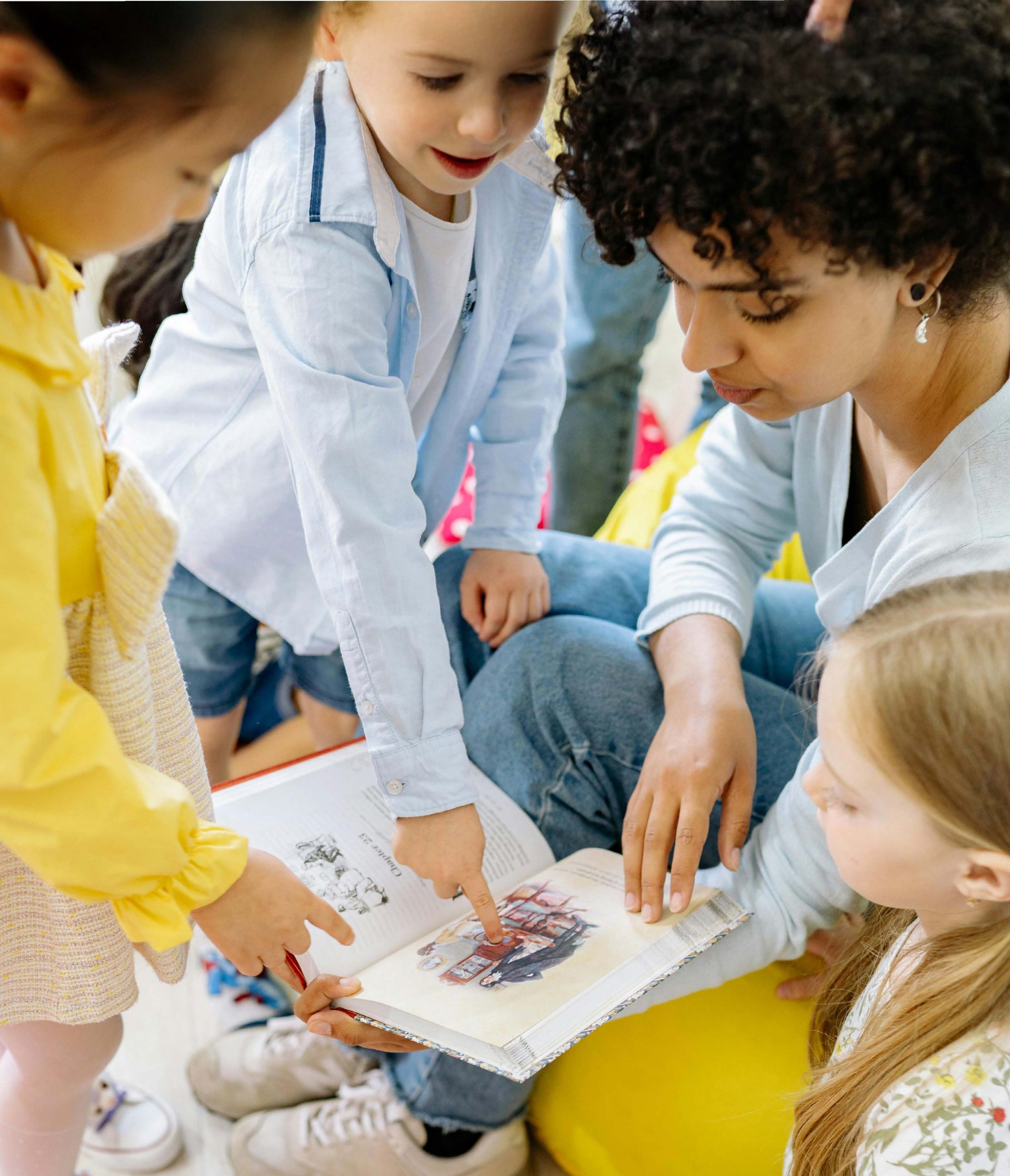
As a result of migration and globalization, language and literacy practices have become more diverse and complex at home and in non-formal education settings.
Objectives
- We aim to understand the ways in which children, parents and educators use multiple languages and engage in diverse literacy practices according to contexts.
- We identify ways in which multilingualism can be supported at home, at school and in day-care centres.
- We support parents/ guardians and educators in their endeavour to further develop their languages by providing them with materials (e.g., videos, magazines) as well as professional development courses and outreach activities (see BilingualismMatters@Luxembourg).
Research interests
Working in the fields of education, applied linguistics and sociolinguistics, we explore various topics: language learning and socialisation; multiliteracies; translanguaging; learning and teaching strategies; language-based agency; digitally mediated communication; family language policies; partnerships between parents and educational institutions, and professionalization.
Theoretical framework and methods
Our understanding that individuals learn multiple languages when they interact with adults and peers in meaningful culture-specific practices, are supported by more knowledgeable others, and are cognitively, socially, and emotionally involved, is underpinned by a sociocultural perspective on language and literacy learning. While we predominantly work with qualitative methods (e.g., observation, interview, collection of documents) in longitudinal mixed-method designs, we often add a quantitative component (e.g., survey).
While we predominantly work with qualitative methods (e.g., observation, interview, collection of documents) in longitudinal mixed-method designs, we often add a quantitative component (e.g., survey).
Projects related to Socio-cultural Dynamics
Projects related to Digital & Media Transformation
Bilingualism Matters Luxembourg
The local branch of this international network is led by Claudine Kirsch and several colleagues are members. We aim to provide scientific knowledge, information and advice to teachers, educators, university lecturers, parents, health and other professionals, managers in multilingual organizations, researchers, as well as policymakers.
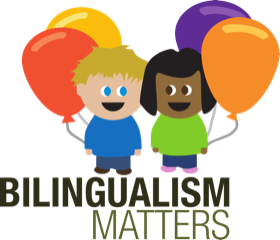
Current and affiliated members
Claudine Kirsch, Potheini Vaiouli, Nancy Morys as well as Gabrijela Aleksić and Angélique Quintus.
Contact
